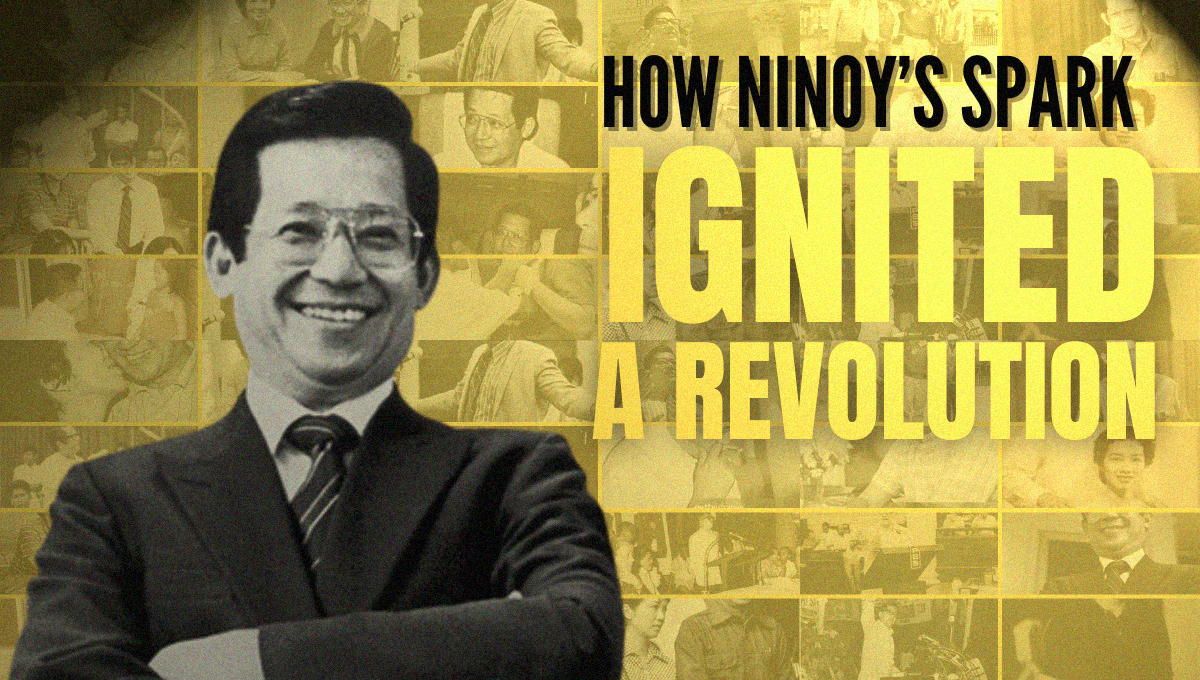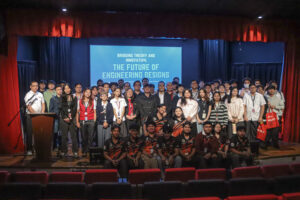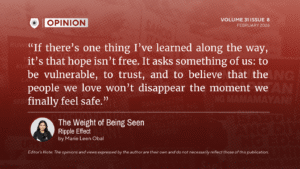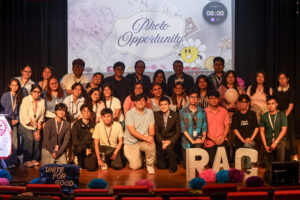By Sophia Villarico | August 23, 2024
How Ninoy’s Spark Ignited a Revolution
IMAGINE a man dedicated to his ideals, and he gives up everything, even his life, for freedom. This is precisely what Benigno “Ninoy” Aquino Jr. did; in doing so, he became one the most influential leaders in Philippine history. We all know that the current Marcos administration has moved the commemoration day of Ninoy Aquino from Aug. 21 to Aug. 23 to make it more convenient for students and workers. But is that all this day is worth?
A Young Leader Emerges
Ninoy heavily impacted Philippine history, similar to Ferdinand Marcos Sr. Stemming from a political and well-off family; Ninoy was brought to the world of politics young enough to be a determinant factor for him to pursue a career in public service. He occupied public offices as young as 22 when he won the mayoralty of Concepcion, Tarlac, and at 35, he had become the youngest senator in the history of the Philippines. Thus, he quickly became a rising star in the Philippine political arena.
Despite his achievements, his staunch opposition to Marcos' dictatorship was where his legacy would make its mark. When Marcos declared martial law in 1972, Ninoy was one of the most vocal opposition and fierce opponents of the dictatorship and its oppressive rule, condemning its violation of human rights, corruption, and suppression of democracy. His continued fight against the inequities of the people landed him in prison for approximately seven years and 10 months. Still, even so, Ninoy continued to speak out against the injustices faced by the people.
The Sacrifice That Changed a Nation
In 1983, despite the risks, Ninoy returned to the Philippines, famously declaring that “the Filipino is worth dying for.” He was assassinated upon arrival at Manila International Airport, but his murder marked a turning point in Philippine history. His death provoked the people’s rebellion and inspired millions of Filipinos to stand up against Marcos’ dictatorship, eventually leading to the People Power Revolution in 1986, which ousted Marcos and restored democracy in the Philippines.
Through his actions, Ninoy established a comparable status with heroes like Martin Luther King and Gandhi, who died for causes they believed in and used nonviolent resistance to fight for justice and equality.
Speak out!
The lessons from Ninoy Aquino’s life are clear: stand up for your beliefs, even when the odds are against you. Like what happened to Ninoy, there are times that we find ourselves in a situation that will give us that feeling that nothing we can do is significant anymore, but those are the very times that one needs to rise for worth and integrity. His story inspires every Filipino, reminding us to be an active participant in our community and be aware of the potential a single person has.




